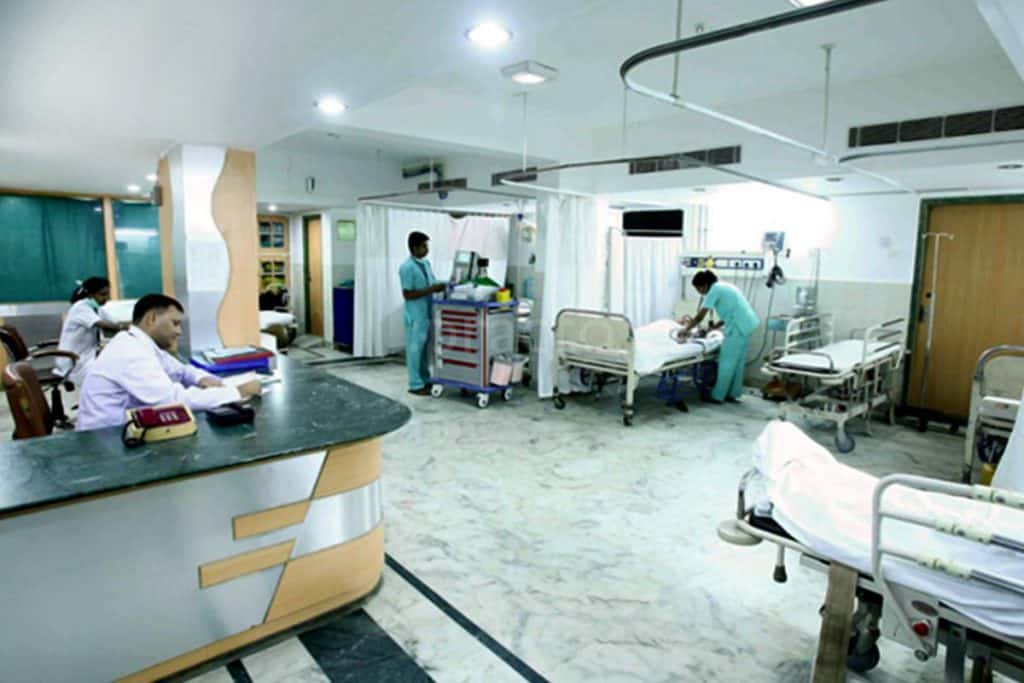Fuel prices hiked again, petrol costs Rs 110 in Pune, CNG Rs 62
Petrol prices rose again after a break of two days, with a litre of diesel now at Rs 99.36 and petrol at Rs 110.25. CNG price, thought to be stable, too were hiked to Rs 62.10 in Pune on October 14, the second hike this month. The government justified the regular hikes in fuel prices by saying it needed to raise revenue to fund the free COVID-19 vaccination programme.
The continuous hike in fuel prices is affecting transportation costs. Transport associations have appealed to the central government to regulate transportation rates for the entire country. According to Baba Shinde, director, All India Motor Transport Congress, increasing fuel prices has made it difficult for transport business operators to survive. The association has sent a proposal to the Centre and their apex association has been conducting meetings with officials.
Source: Hindustan Times
Govt examines approval to Covaxin for 2-18 age group
The Centre’s Subject Expert Committee has granted emergency use approval for Covaxin for the 2-18 age group. The SEC recommendation will need to be accepted by the Drugs Controller General, which is expected soon. Once granted, and included in the government’s immunisation campaign, the first vaccinations among children could begin soon, as Covaxin is already being adminstered to adults.
While Covaxin still awaits WHOs approval, it has been found that the vaccine demonstrates good efficacy and antibody protection in kids. However, vaccine manufacturer Bharat Biotech will have to bear a few must-follow terms and conditions if their vaccine is to be used on kids.
Source: Times of India
Indigenous communities on the verge of extinction due to COVID-19: Study
According to a study led by researchers at Council of Scientific and Industrial Research–Centre for Cellular and Molecular Biology (CSIR–CCMB) and Banaras Hindu University (BHU), tribal populations living in isolated areas have a higher genetic risk for COVID-19. The study noted that India has several vulnerable indigenous and smaller communities including Onge and Jarawa tribes of the Andaman Islands. The researchers pointed out that the indigenous groups of Brazil have been massively affected by the S-CoV-2 virus and had twice the death rate compared to other communities.
The researchers, involving 11 scientists from 13 institutions across the world, investigated the high-density genomic data of over 1600 individuals from 227 populations. They found that populations carrying long homozygous segments in their genome have higher susceptibility to COVID-19. Homozygous is a genetic condition where an individual inherits the same gene variants for a particular gene from both parents.
Source: NDTV
New licence policy for spa centers, cross gender massage prohibited
South Delhi Municipal Corporation has implemented a new policy for massage and spa centers whereby no cross gender massage will be allowed. According to the new policy, no new centres will be allowed in residential areas and male and female centres will be in different sections and can remain open only between 9 am and 9 pm.
Police verification of the owner/spa manager will now be mandatory before issuing a license. Permission will be granted only in areas coming under the category of commercial, local commercial, notified commercial and mixed land use. The policy has been approved by Lieutenant Governor Anil Baijal. Last month, the East Delhi Municipal Corporation too had banned cross gender massage.
Source: India Today
SC directive to govt to examine overcharging by private hospitals
Deciding on a Public Interest plea to set up audit and scrutiny mechanism of the bills of COVID-19 patients who have accused private hospitals of overcharging them, the Supreme Court has issued notice to Union of India through the Ministry of Health and Family Welfare to examine whether private hospitals cheated COVID-19 patients and their families, dragging them into financial collapse at the time of their dire need for medical care during the pandemic and preferred profit over public health.
Read more: Opinion: How ‘privatisation’ and ‘PPP models’ have left Indians to die
The plea sought a writ of mandamus (meaning we command) to the Centre and state governments to set up a mechanism for scrutinizing and auditing the bills of COVID-19 patients who have complained of being overcharged.
Source: The Hindu
[Compiled by Rishabh Shrivastava]
